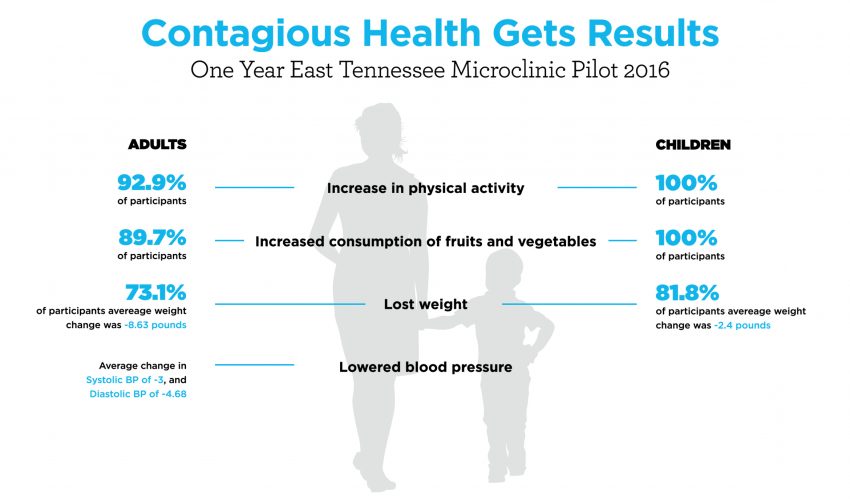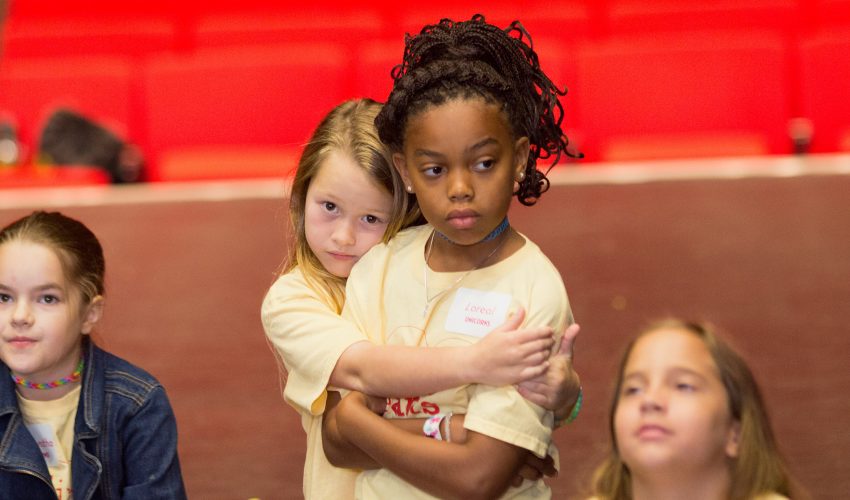Businesses know that a great way to get more customers is through positive word of mouth — referrals.
Can that same approach work for healthier living?
Microclinic International (MCI) believes so, and it’s busy creating lifestyle evangelists in Tennessee.
The concept is simple:
- Recruit individuals to activate their social network and form a group of friends and family
- Work with them over a period of time on some specific health and wellness goals, and
- Then turn them loose in the community.
These newly educated citizens will not only be living better lives, they’ll be talking to their friends, co-workers and family members about diet, exercise and other positive behavior modifications anyone can take to improve overall health.
“MCI’s model is premised on the idea that good health behaviors are just like bad health behaviors; they can be made contagious and spread throughout social networks,” says Daniel Zoughbie, MCI’s founder and chief executive officer.
“We basically work within an existing health care infrastructure and identify individuals who can be trained in our model; then we show them how to change their own behaviors and the behaviors of those in their network, particularly with a focus on meals, movement, monitoring and medication.”
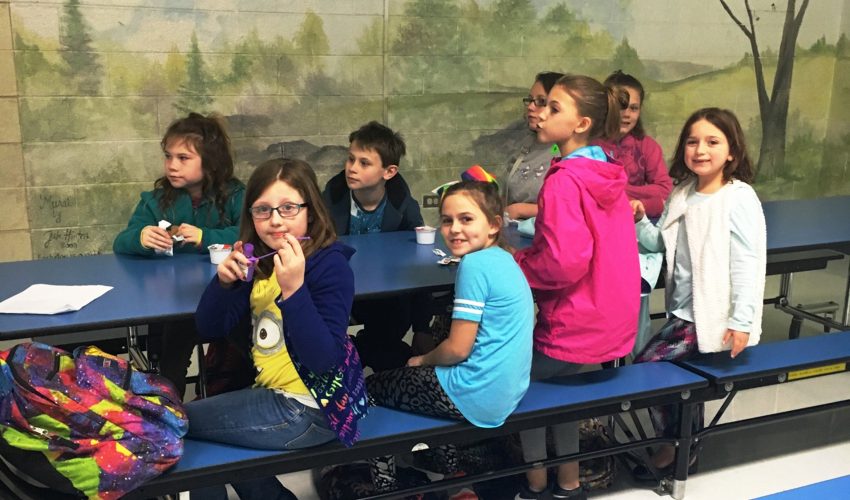
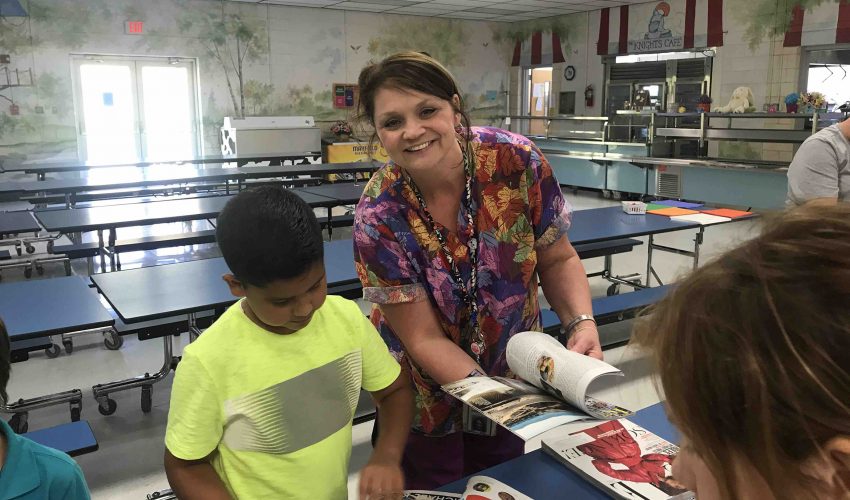
Information designed for practical use
MCI isn’t the first organization to attempt healthy-living seminars. What distinguishes it from others in the better-living space is that it doesn’t just “throw education at people and hope it will stick,” Zoughbie explains.
“We recruit individuals to lead, and then they recruit a group to teach,” he says. “We call that a Microclinic group. They learn not only the basic information about managing a disease or preventing it in the first place, but also how to influence the behaviors of those around them.
“They go back out and change their own dietary and lifestyle behaviors, as well as those of spouses, children, and people in their place of business or religious community.”
“One individual changes the lives of five or 10 people in a clinic, and then those attendees go out and change the lives of even more.”
After launching in the Middle East and Africa, MCI made its way to the United States and completed a 2011 trial run in Bell County, Kentucky. The success of that effort led to more clinics across Kentucky and eventually spilled over into Tennessee two years ago.
Now MCI has completed training throughout most of East Tennessee and is moving westward to blanket the state over the coming months.
There are multiple follow-up measures to ensure that the MCI clinics aren’t just a “one and done” effort in communities. After someone completes the training, they are guided as they reach out to schools, churches, community centers, senior centers and other target-rich environments to set up a clinic. The trainers also get assistance while they are leading the clinic, so if things begin to get wobbly in two weeks, or even 10 weeks, help is never far away.
“At the very least the trainer completes a weekly online survey, which helps us monitor their progress,” says Misty Philpot, senior project consultant. “It also lets us identify issues quickly so we can be proactive and make sure that the clinic doesn’t run into trouble.”
Changing behaviors can be a slow process, but the clinics’ success demonstrates that it can be done, and done effectively, by a friends and family approach.
“We have been able to prove something that really hadn’t been demonstrated before, which is that you can use a community to teach itself good behaviors,” Zoughbie says. “The lessons and outcomes really do become contagious.”
Anderson County
Young children

After seeing the success that other counties were having with Microclinics, Kathy Scruggs was eager to see what the program could do. So, after wrapping up her own training in early 2017, the educator with the Anderson County Health Department got busy setting up her first clinic.
“The clinics really have a lot to offer the community,” Scruggs says.
“There’s one that’s specifically for diabetics and others for people with different chronic diseases. But there also are some for people looking to improve their overall health, and that was something we wanted to provide as well.”
She took the adult curriculum she’d been trained on and added a pediatric component that MCI had developed so that she could work with schoolchildren. She, along with co-facilitators, then led an after-school program for 30 children in third through fifth grades once a week for 10 weeks, with great success.
“We kept it fun and had a lot of games,” she says. “They got a lot of information in ways that they could understand, and I am sure when they got home they talked about what they had learned that day, so the information does get passed along.
“We also bought each child a pedometer, and they really liked having those. It’s been great for us because it’s something we can adapt and grow for our specific needs.”
Siloam Health, Nashville
Newly arrived immigrants

Providing health care to immigrant communities has many challenges. Often individuals can’t or won’t seek treatment until they are ill, so putting preventive care in place appealed to Nashville’s Siloam Health.
“We are part of the safety-net system in Tennessee, and MCI caught our attention because we have a developing program with community health workers,” says Amy Richardson, community health outreach director. “We wanted to target the lay members of communities who are often more vulnerable, so it was a good fit for us.”
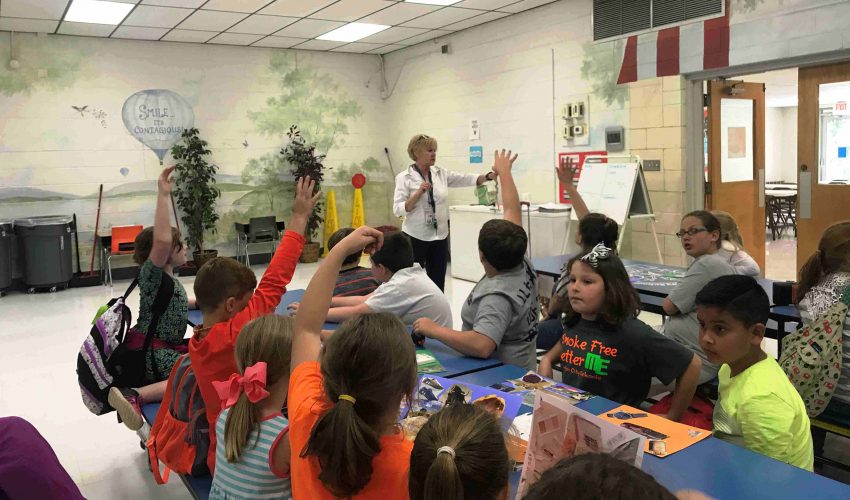

Siloam’s initial clinics are targeting the Spanish, Arabic, Burmese and Nepalese-speaking communities — patient populations where peer navigators for the local health system already are in place. The training will be adapted to be more cross-culturally effective.
“What MCI offers reinforces some of the messaging we were already attempting in a very digestible way,” Richardson says. “A phrase the clinics use, ‘eat a little less, move a little more,’ has really resonated because you’re talking about nutrition and exercise in a way that can be culturally adapted.”
Hamblen County
Seniors and teens

With three clinics under her belt, Haley Stiles is a serious cheerleader for the program. She has had success with senior citizens and tween girls alike, which she says is testament to the flexibility of a model that is based on simple, basic lifestyle choices.
“When you have teams of people showing up to take part in something for public health, it can be a shocker,” says Stiles, a registered dietician with the Hamblen County Health Department. “Since I’m mostly working with mothers and small children in the office, I really enjoyed getting out and working with older adults and teenage girls.
“It was interesting to see how the older adults really took control of what they could do, and how they talked about changes.”
“With the younger girls I was pleased to see how much they remembered after several weeks had passed.”
Many of the adult learners were vocal about how they were attempting to help a spouse or other family member improve their health, so the program’s advocacy element was front and center.
“They took those booklets and handouts we provided into their homes and living rooms, and they turned from people who were nagging at a loved one into someone who could provide solid, easy-to-understand education,” Stiles says.
Northeast Tennessee
Varied population

The Northeast Tennessee Regional Health Office in Johnson City was one of the first major entities to get on board with MCI training, and the results have been exceptional.
“It seemed like something that would work for our many different populations,” says Terry Henson, community services director. “We sent one person from every county in our area, and they are charged with doing at least two clinics.”
Henson led a clinic at the Jonesboro Senior Center, which went “beautifully” and averaged an attendance of more than 20 people. Now facilitators are taking clinics to area businesses, so growth will continue.
“I have been really surprised at how well it can work with so many groups,” she says. “It’s going to be interesting to see how well it does in a business setting.”
